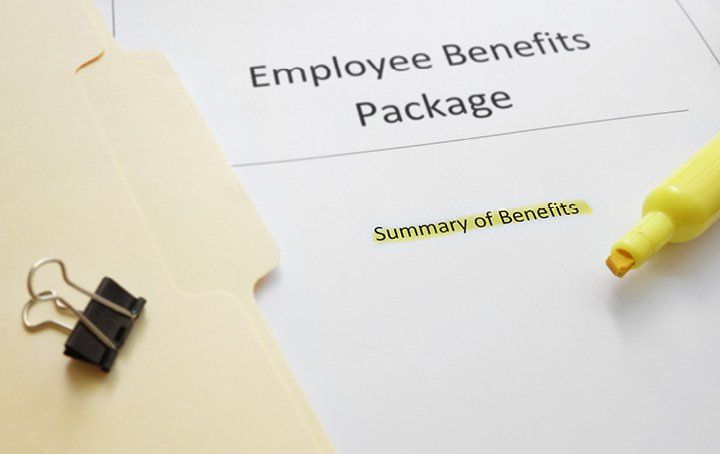Recording the market value of your SMSF's assets is an important trustee responsibility. But how do you prove "market value", how often must you value assets and when do you need to hire an expert valuer? Fortunately, with some help from the ATO's guidelines and your professional adviser, asset valuation needn't be a headache for trustees.
To keep your SMSF's auditor and the ATO happy, it's essential to take asset valuation seriously. By law, SMSFs must record all of their assets at "market value" – an important requirement that allows funds to accurately report the value of members' benefits. Additionally, there are a number of SMSF investment rules that specifically require a "market value" to be assessed, so failing to correctly value assets could land SMSF trustees in hot water.
For example, SMSFs are generally prohibited from acquiring assets from related parties – with some notable exceptions such as "business real property" (broadly, 100% commercial property) and listed shares. However, these exceptions only apply if the assets in question are acquired at market value. Knowing the market value of fund assets is also essential to complying with the in-house asset rules and certain laws covering the sale of collectables and personal use assets.
What is market value?
Under superannuation law, "market value" is defined as the amount that a willing buyer would reasonably be expected to pay in a hypothetical scenario where all of the following conditions are met:
- the buyer and seller deal with each other at arm's length;
- the sale occurs after proper marketing of the asset; and
- the buyer and the seller act "knowledgeably and prudentially".
How does this work in practice? In an audit, your SMSF's auditor (and ultimately the ATO) will expect you to be able to provide evidence supporting your valuation. This should be based on "objective and supportable" data, and should demonstrate a "fair and reasonable" valuation method.
The ATO says a method is fair and reasonable if it is a good faith, rational process that takes into account all relevant factors and can be explained to a third party.
In general, it's not compulsory to use a qualified external valuer (that is, someone who holds formal valuation qualifications or has specific skills or experience in valuing certain assets). It's the methodology and supporting evidence that makes a valuation sound, not the identity of the person who performs the valuation. However, there are some situations where using a qualified valuer is compulsory or recommended:
- If your SMSF holds collectables or personal use assets (eg artwork), you must by law use a valuation from a qualified independent valuer before disposing of such assets to related parties.
- The ATO also recommends that you consider using a qualified independent valuer for any asset that represents a large proportion of your fund's total value, or if the valuation is likely to be complex or difficult given the nature of the asset.
Specific assets
As noted above there are specific requirements for collectables, and the ATO has also developed guidelines for other classes of assets.
The ATO says real estate doesn't need to be valued each year, unless there has been a significant event since the last valuation that may affect the value. This could include market volatility or changes to the property.
Listed shares and managed units are easy to value, and should therefore be valued at the end of each financial year. Unlisted shares and units (eg investments in private companies or trusts) are more difficult to value than listed assets and require consideration of a range of factors. Trustees should seek professional assistance with valuing unlisted investments.
Need help getting it right?
For some assets, determining market value can be a complex process that requires professional input. Don't go it alone – get the right advice and ensure your valuations stand up to ATO scrutiny. Contact our office to discuss the ATO guidelines in more detail or to begin assessing your SMSF's valuation needs.
















